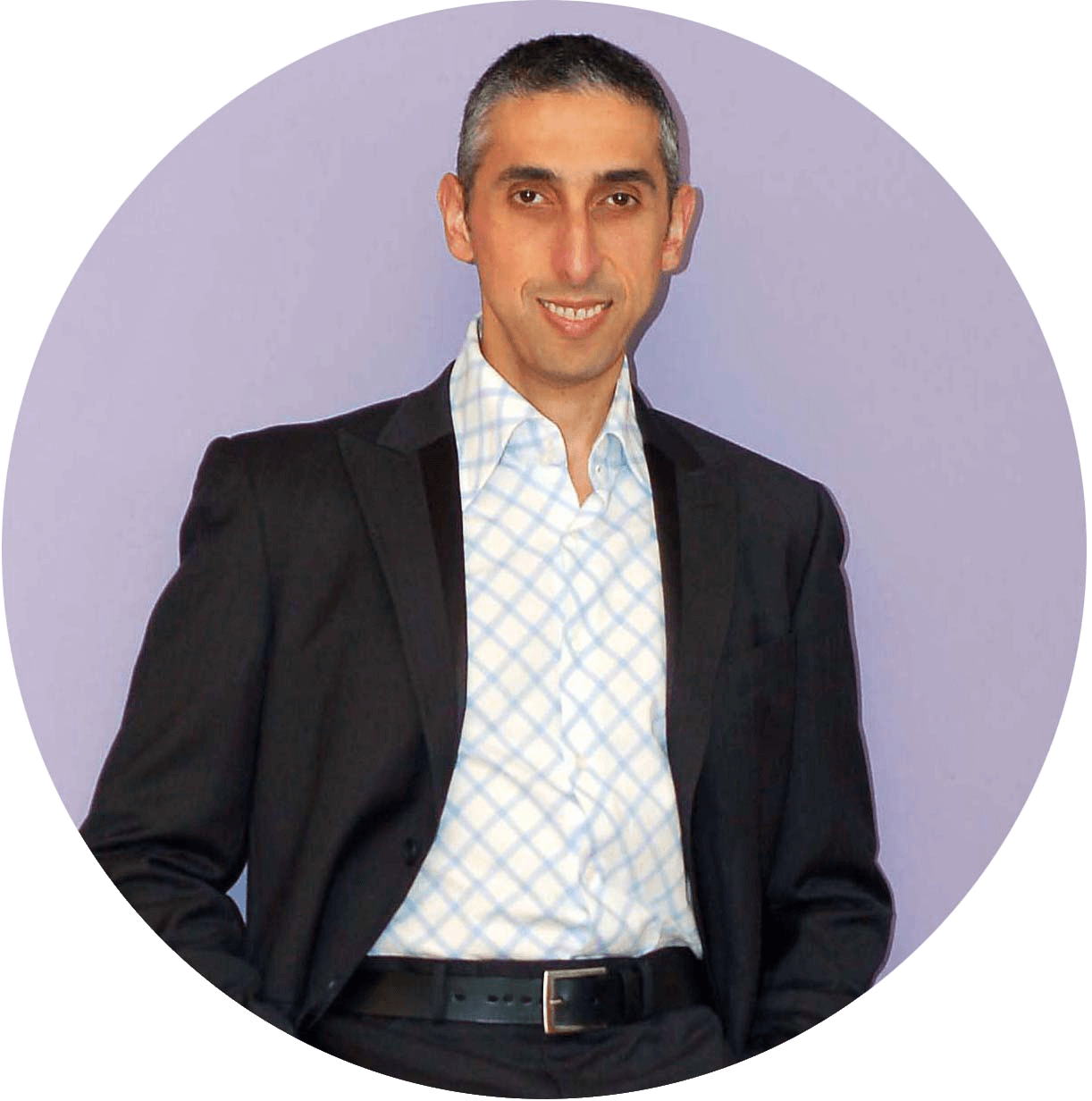Meaning Making Machines
“Thinking is easy, acting is difficult, and to put one’s thoughts into action is the most difficult thing in the world.” — Johann Wolfgang von Goethe
The one simple idea that could be useful for the rest of your life is this: You are not your thoughts. It is common to accept our thoughts as real, since we experience them and reason that they must be true. For example, if a friend doesn’t return our phone call, we may entertain negative thoughts and assume they don’t care about us. This might lead to spiralling thoughts and toxic emotions. When the person returns our call, we will no doubt give them a piece of our mind and remind them we deserve respect.
But let’s back up for a moment and examine this scenario further. We create a mental interpretation of a scenario we knew little about and attached meaning to it. Even though there might be several reasons our friend didn’t call, we inadvertently jumped to the wrong conclusion. We focussed on the negative aspects, instead of considering other reasons for their lack of communication. We do it often, even though the other person might have an unblemished track-record of returning calls. We assume the worst scenario and take offence, believing we were mistreated. So, why are we prone to negativity in these situations? Is it an evolutionary mechanism or is negativity wired into our DNA?
You Are Not Your Thoughts
“I find the great thing in this world is, not so much where we stand, as in what direction we are moving.” — Johann Wolfgang von Goethe
Evolutionary psychologists believe negativity is part of our genetic constitution, designed to help us discern imminent danger within the environment. It is a biological mechanism to protect us, yet it is less relevant in modern society than it did when our ancestors first roamed the savannah.
Our mind uses negativity as feedback to protect us from impending danger, otherwise known as a Negativity Bias. However, in the scenario described earlier, we were convinced our friend didn’t care for us and we were prepared to confront them because they hurt our feelings. Negativity is not necessarily bad, I would argue. It is something we must consider in our daily lives, but we mustn’t perceive it as detrimental. When I say you are not your thoughts, I am implying your experience of your thoughts does not define you as an individual. Thoughts are projections taking place in our mind to which we assign meaning.
The Body Is The Subconscious Mind
“We are what we repeatedly do; excellence, then, is not an act but a habit.” — Aristotle
A variety of factors influences our thoughts, including: our past conditioning, the stress in our life, our level of awareness, our general outlook on life, whether we’re a pessimist or an optimist, and our state of health. Yes, our health.
Those who suffer from poor health because of inadequate nutrition, lack of sleep and exercise are biologically prone to negativity. I realise this is a big declaration. However, the health of our microbiome impacts our psychological and emotional well-being to a large degree. The foods we eat affect our thoughts and emotions, as well as sleep and whether we exercise. These factors affect the gut—brain axis, which regulates the immune system and our interactions with others.
How do we know for certain that food affects our thoughts? Whilst I realise this is observational evidence, consider how you feel when you suffer from constipation, diarrhoea, food poisoning, parasites or bacterial infections, gut dysfunction, intoxication, etc? These factors influence your mood, which affects your thoughts. So, the axiom ‘You are what you eat’ rings true in this scenario. Thoughts that pass through our mind are not who we are, they are projections on our mind. They are predisposed by factors within and beyond our control.
Thoughts can be likened to a radio that receives AM and FM frequencies and transmits them via radio waves. We are the receiver of thoughts. Thinking is the process of electrical impulses within the brain that produces thoughts. Depending on our past conditioning, genetic constitution and epigenetics, we may be more prone to negative thoughts than we realise. This doesn’t mean we are a negative person. It simply means our bandwidth is prone to negativity because our biological environment is conducive to it. I should clarify this statement by saying, I am talking about a person who is constantly in a negative state, not someone who occasionally thinks negatively. I should also say negative thoughts are useful if we take time to examine them. There is usually an underlying mechanism why they prevail.
Our Negative Bias
“The real voyage of discovery consists not in seeking new lands but seeing with new eyes.” — Marcel Proust
If we want to change our bandwidth away from negativity, we must first attend to our environment. For example, engaging in self-examination helps us understand the nature of negative thoughts. Underlying negativity is a dysfunctional belief system adopted earlier in life that includes not being safe. I often cite the work of the late neuroscientist Candace Pert, who said: “Your body is your subconscious mind.” Our body is an integrated organism that relies on different branches of our physiology to function. They communicate with one another and relay information via the central nervous system and parts of our brain.
So even eating something as simple as chocolate can influence our thoughts and send a cascade of impulses throughout our body. Candace Pert’s work with opiate receptors, as the cellular binding site for endorphins in the brain, showed that our bodies are a giant network of communication channels. This is empowering for several reasons, least of which means we can influence our thoughts by being mindful of them and our environment. The age-old debate of Nature vs Nurture now suggests we should Nurture Nature.
I trust you now appreciate you are not your thoughts but the receiver of thoughts. Your environment, the past and present, has an influence on your thoughts more than you realise. Whilst we’re wired for negativity, you should not feel helpless because of this. However, if you appreciate your predisposition towards negativity, you’re likely to manage it better through practices like mindfulness. It comes down to paying attention to your thoughts in a more consistent fashion. Know the essence of the person you call “I” and work with what you’ve got, instead of striving to become something you are not. Our thoughts are rarely the problem. It is when we identify and attach meaning to them, that we invite the greatest danger to our long-term happiness.

Are You Ready to Transform Your Life with Confidence?
Are you ready to transform your life and unlock your potential? Start your journey with me today! My Life Coaching Program has empowered many to achieve lasting change. Schedule your FREE 30-minute consultation now and take the first step towards a brighter, more confident you.
Tony Fahkry
Expert Life Coach















